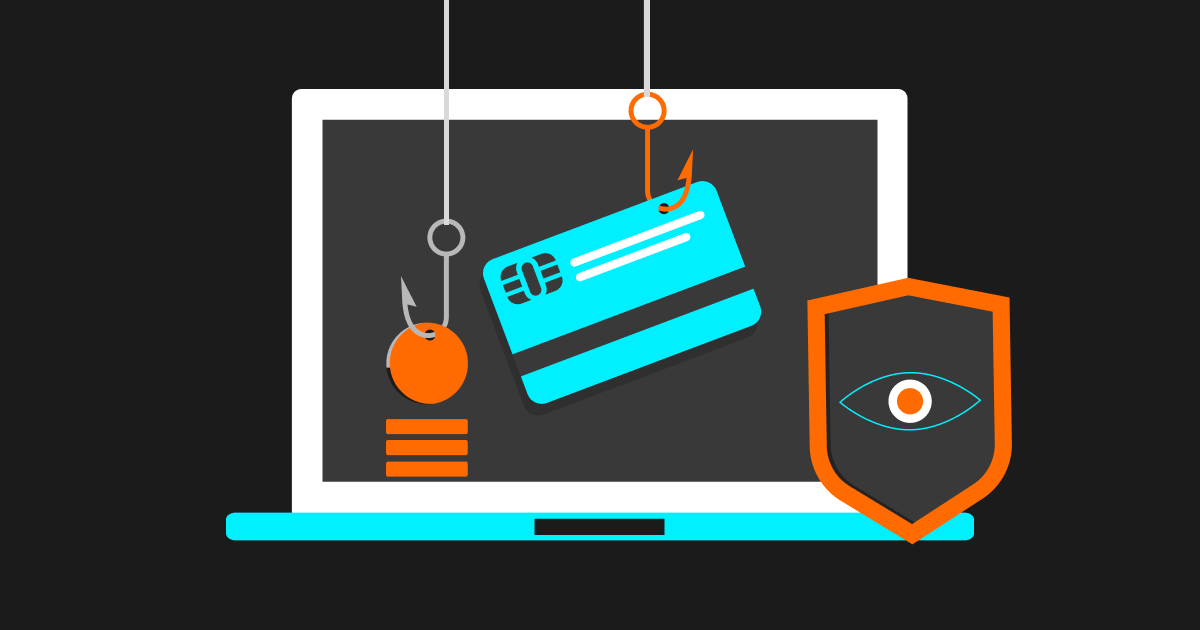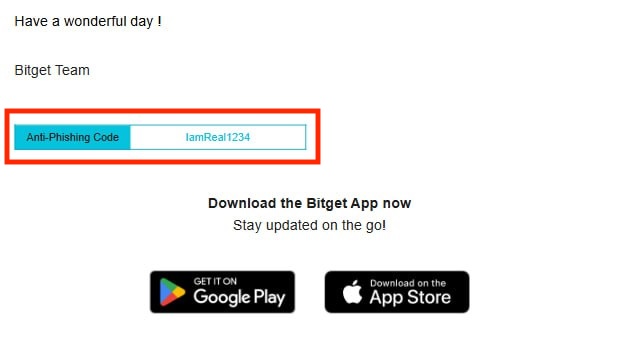
Bitget's Ultimate Shield: Your Guide to Defeating Phishing Scams
In the thrilling world of crypto, every click matters! With crypto thieves upping their game, you need to be one step ahead. Among these threats, phishing scams are evolving, becoming more cunning by the day. It's time to arm yourself with knowledge and spot them from a mile away.
Crypto Phishing101
What is a Phishing Scam?
Ever clicked on a link that looked eerily like your go-to crypto exchange or wallet? Or downloaded that must-have update? You might've just stepped into a crypto trap!
Phishing scams are deceptive tactics employed by cybercriminals to extract your sensitive data. Masquerading as trustworthy entities, these attackers deploy misleading emails, construct counterfeit websites, or even initiate calls and messages, all with the intent of capturing your credentials or financial details.
Often, these deceptive communications contain links that redirect you to fraudulent websites, designed to mirror legitimate ones. Once you input your details, you're ensnared. Some might even prompt you to download files, secretly embedding malware onto your device.
Curious about the most common scams and frauds in crypto? Check out our article and arm yourself against potential threats. Knowledge is power, and at Bitget, we've got you covered
The Many Faces of Phishing
Classic Email Deception
- Lookalike Logos: These emails are experts at impersonation, sporting logos, fonts, and design elements resembling legitimate platforms like Bitget.
- Authenticating Actions: Ever received an email warning about unauthorized access and urging you to reset your password? Such scare tactics aim to rush you into clicking without thinking.
- Updates Offers: Alerts about wallet updates, staking rewards, or exclusive token sales – they have them all to lure you in.
Spear Phishing Spotlight
- Tailored Tidbits: This isn’t your run-of-the-mill scam. They're equipped with specifics – maybe your name, recent transactions, even friends in common.
- Direct Address: They might reference a “recent chat” or an event you both “attended” – aiming to jog a false memory and seem genuine.
Vishing Voice-overs
- Helpdesk Hoax: They'll ring you up, presenting themselves as customer support from reputable crypto exchanges or wallet services. Using urgent language, they might suggest your assets are at risk.
- Verification Ruse: These scammers might ask you to verify recent transactions or authenticate your identity, only to steal your credentials or induce a malicious transfer.
Smishing Sneak Attacks
- Airdrop Alerts: SMS notifications about a lucrative airdrop, urging immediate action to claim before it’s “too late”.
- Security Scare: Messages implying a security breach and suggesting immediate actions, typically guiding you to a malicious link.
- Wallet Warnings: Texts that seem like automatic notifications about wallet access, urging you to click on a link or download a “security” tool.
With this detailed guide in hand, you're well-equipped to dissect and recognize the intricate disguises of crypto phishing scammers. Navigate with caution, always validate information sources, and ensure your crypto journey remains uninterrupted and secure.
Defense Playbook: Outsmarting Phishing Scams
The recent uptick in fraudulent Bitget websites and apps reinforces the importance of vigilance. As proactive members of the Bitget community, arm yourself with this defense strategy.
1. In the face of increasingly sophisticated scams, always exercise caution when dealing with unexpected communications, especially those requesting personal or financial information. Note that Bitget representatives will NEVER ask for such details.
2. Always double-check URLs and trust only the official Bitget domain: www.bitget.com.
Ensure app downloads originate from Google Play, Apple Store, or our official platform. Visit Bitget Download Guideline for more information.
You can also check whether the email, website address, or social media account is Bitget’s official channel by visiting our Bitget Official verification page.
3. Be wary of downloading unknown attachments, and avoid entering personal information on unfamiliar sites.
Bitget anti-phishing code
Last but not least, you can turn on your Bitget anti-phishing code in the ‘Security Setting’ section. Once you’ve set up your code, it’ll be included in all official Bitget emails to verify their authenticity.
Bitget App tutorial: At the homepage, click on the Profile icon, choose ‘Security,’ and then head to the ‘Anti-phishing code’ section to set up your code.

Bitget Website tutorial: At Bitget’s homepage, select the Security setting under the [Human] icon and set up your code in the ‘Anti-phishing code’ section.


Victim of a Scam? Act Fast!
- Immediate Action: Sign up for a new account at www.bitget.com, then immediately reach out to us at support@bitget.com.
- Secure Your Assets: Transfer the assets from the compromised account to the new account as soon as possible.
- Cut Ties: Stop using the compromised account and delete the phishing app as soon as possible.
Always remember, the crypto community thrives on collective vigilance. If something seems off, it probably is. Stay informed, stay safe!
In the battle against cyber threats, Bitget stands by its community. Stumbled upon a suspicious scheme? Reach out to us at support@bitget.com. Together, let's fortify our ecosystem and safeguard our collective assets.
- Bitget In A Nutshell2025-04-07 | 5m



